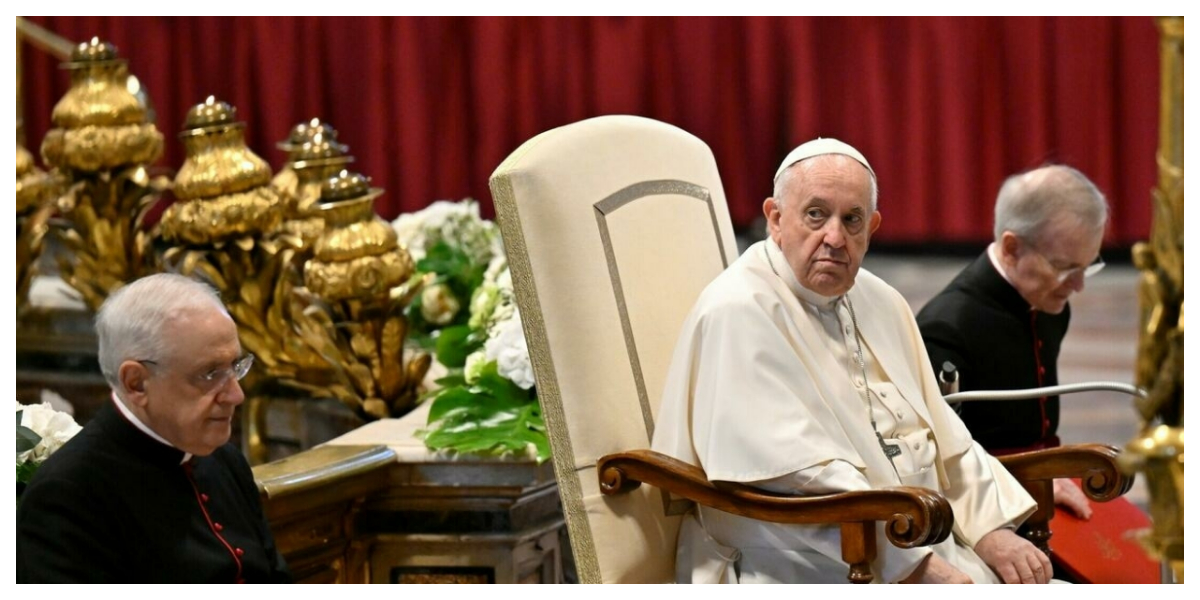Pope Francis advised Sri Lankan government on Monday to expose who turned in at the back of the country’s 2019 Easter bombings in an assault the island’s Catholics suspect was a plot to propel President Gotabaya Rajapaksa to energy.
While assembly with a delegation of over 60 sufferers of the Easter Sunday attacks on 3 church buildings and 3 lodges that killed 279 humans, Francis asked Rajapaksa’s management to show the fact.
“Please, out of love for justice, out of love for your people, let it be made clear once and for all who were responsible for these events,” the pope said in an appeal to Colombo.
“This will bring peace to your conscience and to your country.”
Addressing some 3,500 Sri Lankans in Italy, including some of the victims, the pope also said he prayed that Sri Lanka will also be able to ride out the worst economic crisis in its history.
The island is gripped by severe shortages of food, fuel and medicines with its 22 million residents grappling with daily electricity blackouts and galloping inflation.
The head of Sri Lanka’s Catholic Church, Malcolm Ranjith, who conducted mass at St. Peter’s basilica just before meeting with the pope on Monday, called for “justice and change” in his country.
“We want the international community to insist that, before giving any aid to Sri Lanka, that the government realise that they have to change the way things have been done,” he told Vatican Radio.
Cardinal Ranjith last month urged the UN Human Rights Council to set up a mechanism to probe the 2019 suicide bombings which Colombo had blamed on local Islamic radicals.
“The first impression of this massacre was that it was purely the work of a few Islamic extremists,” Ranjith said.
“However, subsequent investigations indicate that this massacre was part of a grand political plot.”
The cardinal has suggested that the attacks helped Rajapaksa emerge as a “national security candidate” and win the November 2019 election.
Ranjith has accused Rajapaksa’s administration of protecting military intelligence operatives named in two separate nearby investigations which stay inconclusive.
Sri Lanka’s High Court in February acquitted top officers accused of “crimes in opposition to humanity” for failing to prevent the Easter Sunday bombings.

















